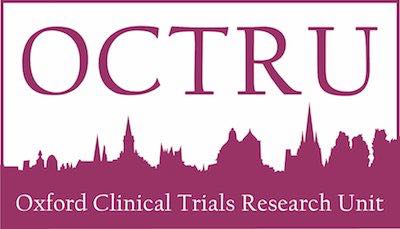The study staff will ensure that the participants’ anonymity is maintained. The participants will be identified only by a participant ID number on all study documents and any electronic database, with the exception of the case report forms, where participant initials may be added. All documents will be stored securely and only accessible by study staff and authorised personnel. The study will comply with the Data Protection Act, which requires data to be anonymised as soon as it is practical to do so. A study specific participant number and/or code in any database will be used to identify the participants. The name and any other identifying detail will not be included in any study data electronic file. Any patient related data transferred between the main study office and participating sites will be identifiable only with the patients unique study number. If more identifiable information is required, secure measures such as registered post, courier, or nhs.net email accounts will be utilised.
All patient information will be stored on password protected computer databases or in locked filing cabinets in line with the University of Oxford and Trust Policy. When the results of the study are reported, individuals who have taken part will not be identified in any way.
Responsible members of the University of Oxford or your NHS Trust may be given access to data for monitoring and/or audit of the study to ensure we are complying with research regulations. Personal data will be stored for 6-12 months after the study has ended and research data generated by the study will be stored for 5 years in locked filing cabinets accessed only by members of the research team who have card access to the building. After this time this data will be destroyed.
As part of routine care, some surgeons register their patients with the National Ligament Registry (NLR). When a patient consent to participate in the ACL SNNAP Study, we will also ask to consent for their information to be shared with the NLR.




